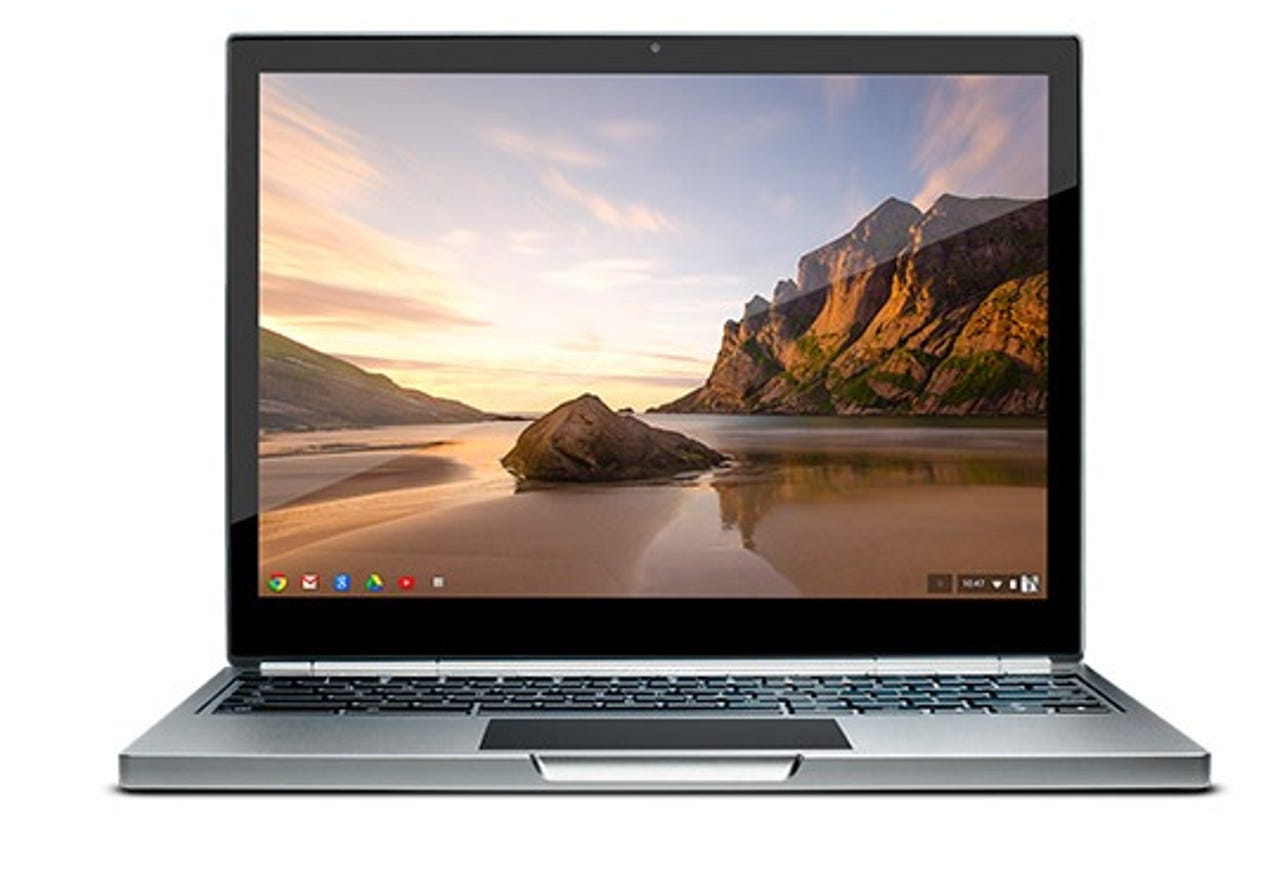No, Chrome OS and Chromebooks aren't going away, says Google


Last week, sources told the Wall Street Journal that Google planned to merge its Chrome OS and Android platforms by 2017, leading many to speculate on the demise of Chromebooks.
That's not the case, says Google. The company published a blog post on Monday to clarify in no uncertain terms that it is still very committed to Chrome OS.
"Over the last few days, there's been some confusion about the future of Chrome OS and Chromebooks based on speculation that Chrome OS will be folded into Android. While we've been working on ways to bring together the best of both operating systems, there's no plan to phase out Chrome OS."
I'm actually not surprised and this is partially why I didn't comment on the news last week.
Normally, I would have: I've long been a Chromebook user, having bought both Chromebook Pixels as well as a few other lower-priced Chromebooks, just reviewed Dell's Chromebook 13 -- it's excellent, by the way -- and co-hosted more than 100 podcasts devoted solely to Google's Chrome OS.
The fact is, Google has already publicly shared some of its plans to merge Chrome OS and Android. Back in June 2014 at it's Google I/O conference, the company debuted a beta method to run Android apps on Chromebooks, for example. That's the tool I use to run the Android version of Skype on a Chromebook, for example.
I think much of the "merging" activities revolve around that effort, which is still in beta form through what Google calls the ARC, or Android Runtime for Chrome, Welder. With it, Android developers can port and test their Android apps on Chrome OS, as well as publish them in the Chrome Web Store.
Granted, that process has been slow. I suspect Google is still working out the kinks to make it more efficient for both developers and users.
Featured
Eighteen to 24 months from now though? I'd expect thousands of Android apps appearing on Chromebooks.
Of course, there are other things Google might do by bringing both platforms together.
Perhaps it weans control of Android software updates from carriers; the company can and does push software updates directly to Chromebooks and Chromeboxes today. Android would certainly benefit from that approach.
Google could also offer dual-boot systems that run both Chrome OS and Android in the form of tablets and touchscreen laptops. Both platforms run on either ARM chips or those from Intel, so one chipset can certainly handle the load. When you want to have a full desktop OS experience on the web, Chrome OS is there. Want to use mobile apps for entertainment or other activities? One button press could hop you over to Android.
Google's reiteration of ChromeOS support is semi-obvious to me, mainly because the company has made great strides in the education market with Chromebooks.
They're now the top selling device in schools, surpassing iPads and other laptops: Google says that 30,000 Chromebooks per day are activated in classrooms; more than all other devices combined.
That's impressive considering the Linux-based platform with web browser is a scant five years old.
So don't plan for a Chrome OS funeral just yet.
Google still has plenty in store for its desktop platform, even if it won't share all of the details now. However, the company says you can expect a new media player, a Material Design makeover, better performance and continued security features.